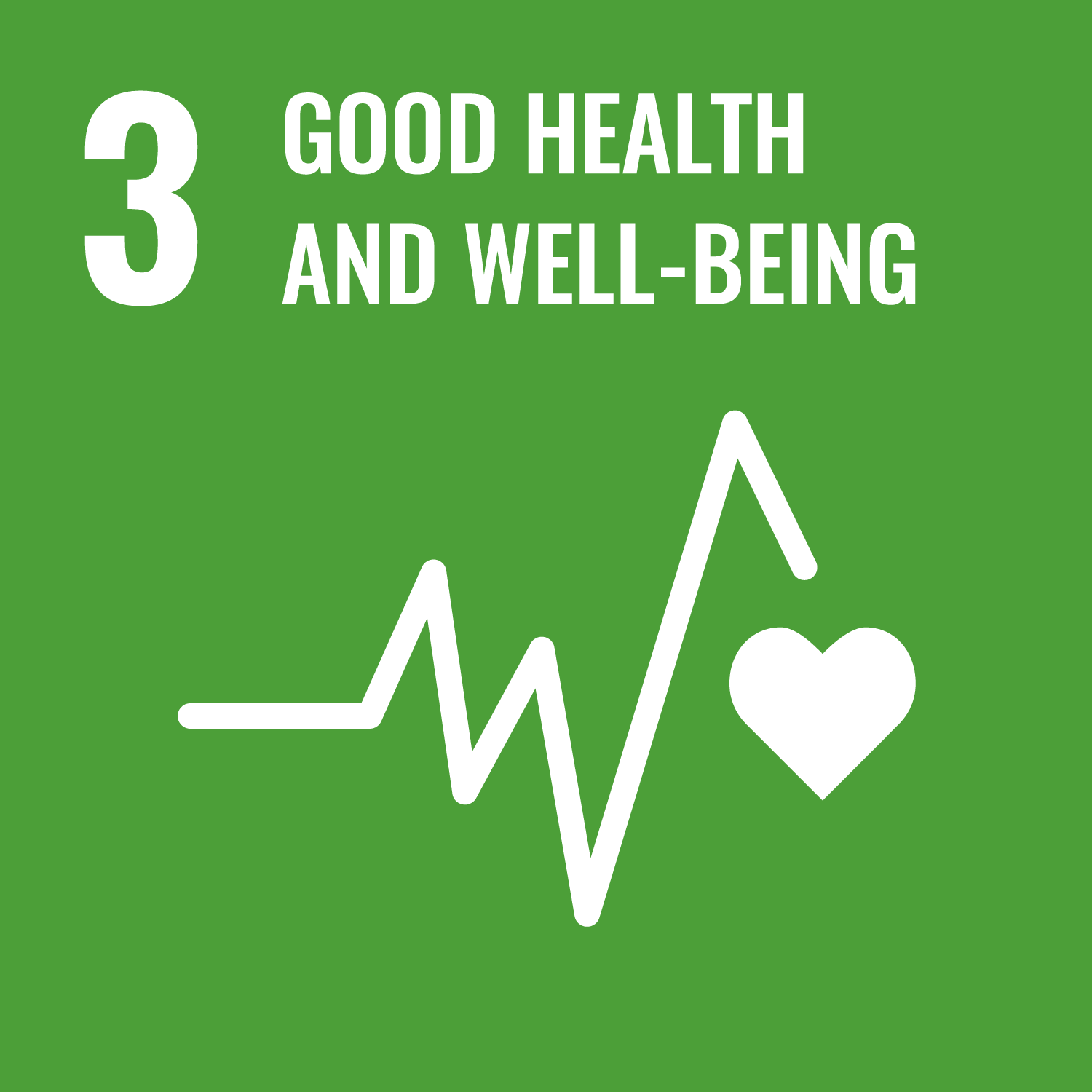In this 2016 report by Amnesty International, the authors flesh-out the inconsistencies in Japan’s application of international human rights treaties, to which it is a signatory, and its own anti-discrimination laws, as they may apply to lesbian, gay, bisexual or trans people living in Japan. The authors note that at first glance, Japan appears to have satisfactory laws protecting the needs and rights of LGBT people, but Japan’s support for the enhancement of LGBT rights does not entirely reflect the lived experience of those who identity has LGBT. Underlying this are deeply entrenched cultural understandings of family and heterosexual relationships. As a direct result, LGBT people feel compelled to conceal their sexuality or gender identity, if possible, for ease of access to professional and health services.
This report is divided into six brief chapters, key areas Amnesty International has identified as in need of policy reform towards better LGBT protection and inclusion in Japan. The first is non-discrimination, which underscores the marginalisation LGBT people face in the absence of direct protection against homophobic and transphobic discrimination.
The second chapter focuses on the lack of employment protection, ranging from refusal to provide benefits for same-gender couples to imposed pressure to conceal one’s sexual orientation or gender identity in the work-space. Access to non-discriminatory and adequate health care is discussed in the third chapter, highlighting the higher rates for suicide among LGBT individuals and outdated practices among physicians. Access to gender affirming surgery and the discriminatory and dehumanising conditions that must be met, including sterilisation, are also discussed
Discrimination towards same-gender relationships in legal practices, including recognition of LGBT-inclusive legislation in some cities, is briefly introduced in the fourth chapter. The fifth addresses discrimination in detention facilities, including the heightened risk for violence many LGBT people experience, and the lack of trans-sensitive penal practices. The final chapter identifies the lack of LGBT-specific disaster risk reduction and response practices as harmful to the well-being of LGBT people, as these are arenas of heightened vulnerability to discrimination on the basis of gender or sexual orientation, among other things.
The authors finish the report with a list of recommendations, aimed at policy reform and changing professional and legal practices that fully and outwardly recognise the existence of the LGBT community and their rights in Japan.








